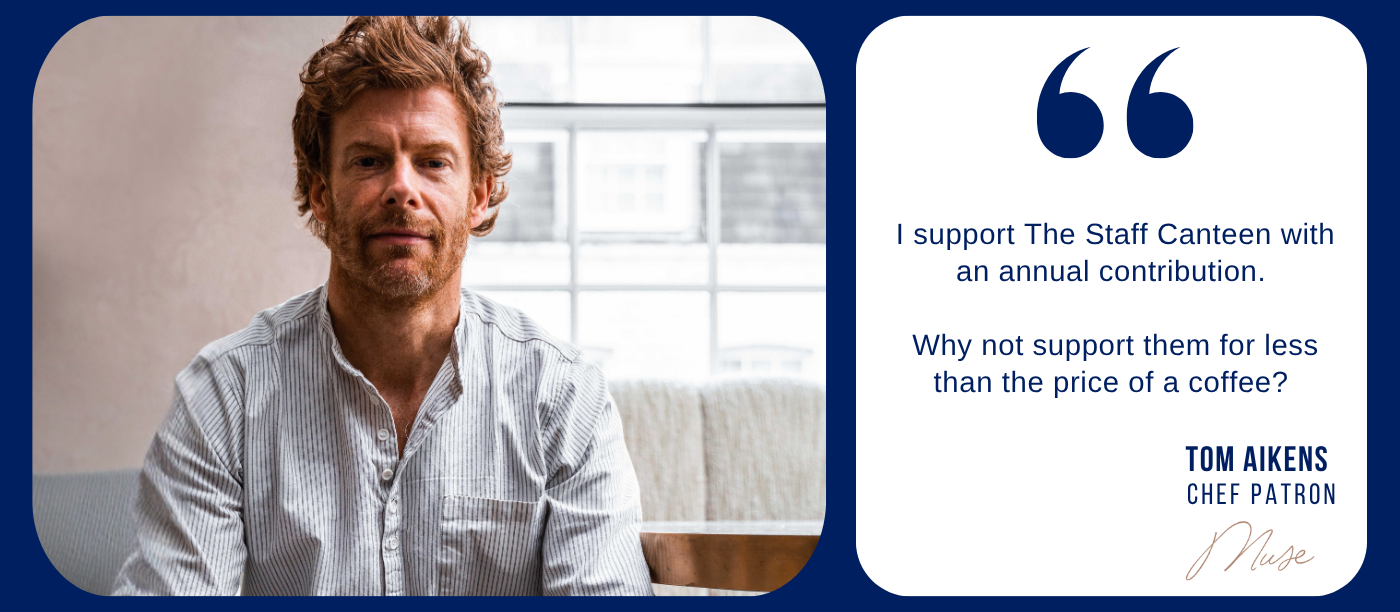FairKitchens is a global movement that fights for better kitchen cultures and healthier working conditions in hospitality businesses around the world.
Last year, it launched a programme of leadership training called ‘Leading a Fair Kitchen’. The training is 100% free and web-based, and chefs who complete it will earn a certificate of completion from the Culinary Institute of America.
FairKitchens is a global movement that fights for better kitchen cultures and healthier working conditions in hospitality businesses around the world. Last year, FairKitchens launched a programme of leadership training called ‘Leading a Fair Kitchen’.
The training is 100% free and web-based, and chefs who complete it will earn a certificate of completion from the Culinary Institute of America.
Anna Williams, senior sous and head of pastry at Fallow in London, recently completed the course and said: “I like that it’s specific to a kitchen situation and focused on managers in a kitchen.
“Often you get these things and they say ‘make sure you have a good work life balance, and you finish at 5 and you have an hour break’.
“Those things don’t happen. However much we would like them to.
“It didn’t brush over those things, it addressed how tough it is and suggested things you can do help the balance.”
The movement was co-founded by Unilever a few years ago and has since worked with the Craft Guild of Chefs, Mind, Hospitality Action and The Burnt Chef Project in the UK, among many other organisations globally.
One thing Anna took from the training and is going to implement is allowing new members of staff to work a shorter shift on their first day so they can have time to discuss their new role with family, friends and people who are close to them.
“If you give them a rota and they start on their three doubles, they don’t see, or really speak to those close to them until they are off,” she explained. “Give them that half day on their first day and it eases them into it.”
What stood out about the course?
The main area which stood out to Anna while doing the course was managing people and how different tones can be represented.
As a manager, Anna has a good idea of what she believes makes a good one. She says ‘passing on your knowledge’ is vital.
“It’s easy to think people are going to think the same way as you and you don’t necessarily understand why they don’t do something the way you do. “But you have to appreciate that they don’t know what you know. You shouldn’t be scared to tell someone they have made a mistake – everyone learns from mistakes.”
She added: “If you pass on where something went wrong for you, you can firstly stop them making the same mistake but also show them that you are someone who has failed at times too.
“I think I’m the minority when it comes to chefs, yes I’m female, but I think with a more feminine approach. I am about people management and I’m aware of my behaviour and my emotions – which I think is the struggle with this industry.”
Being a great chef and running a section is very different to being able to manage people and Anna says there is ‘often a real gap between CDP or junior sous and senior management’.
“You’re trying to step up, you’ve just left your friends in other positions and you’re finding your feet, it’s hard to train someone how to be in that role.
“You see a lot of people slip through the net there and not make it to the next level. They are suddenly underperforming because no one is really sure how they should act or behave in that role.”
On Fallow she said: “We are a big operation; we can have eight people on a section and it’s like their own unit. We do a lot of training now on management from CDP level. Because sections are their own little unit, they need to be working well as a team.
“Early management training is fundamental for when they move up to sous chef. It means we’re not at that point, training them to work with people. They can be a really good CDP on a section but they don’t know anything about talking to people.
“It’s something here we engrain very much from the beginning - working together.”
She continued: “How you behave is how someone else will behave towards you – it’s a domino effect. It’s something chefs are all pretty bad at and then we all get tired, we all get stressed and it only gets heightened.”
What would other chefs take from the course?
Anna says there is so much more to her role than just serving the food, adding: “We’re quite transparent with everyone here and we keep them informed. Chefs need to know the volume of things which come in to play when being a manager.”
How do you keep a team engaged













